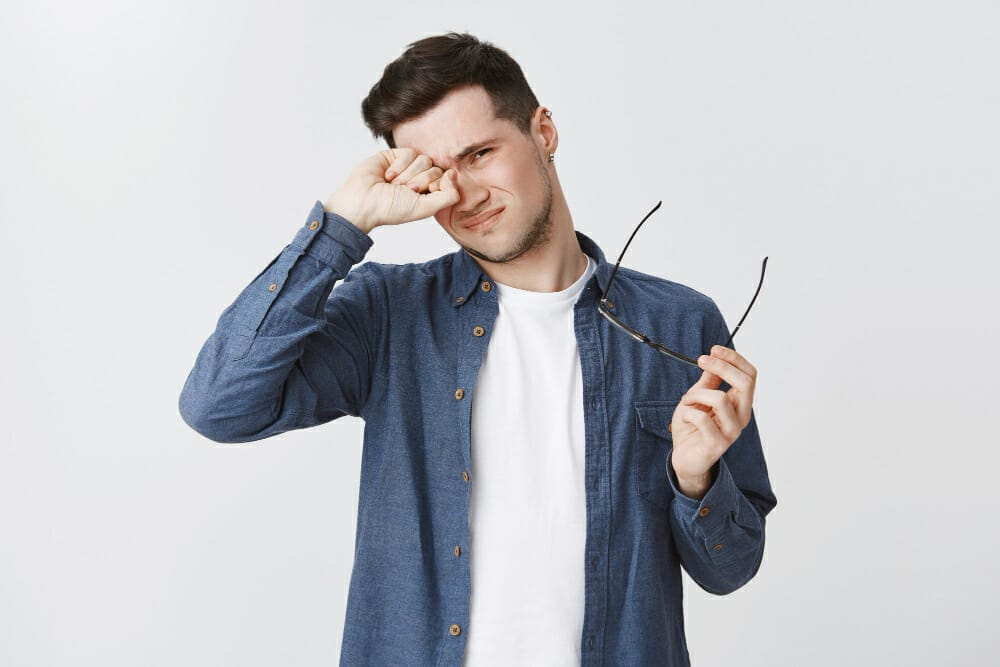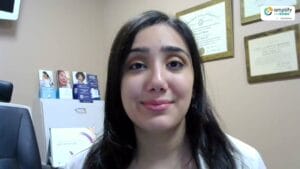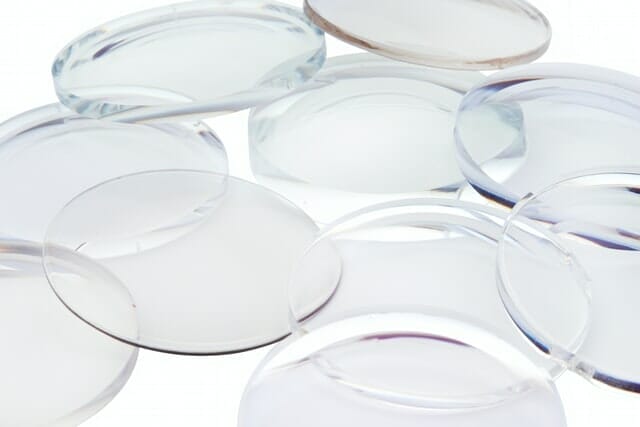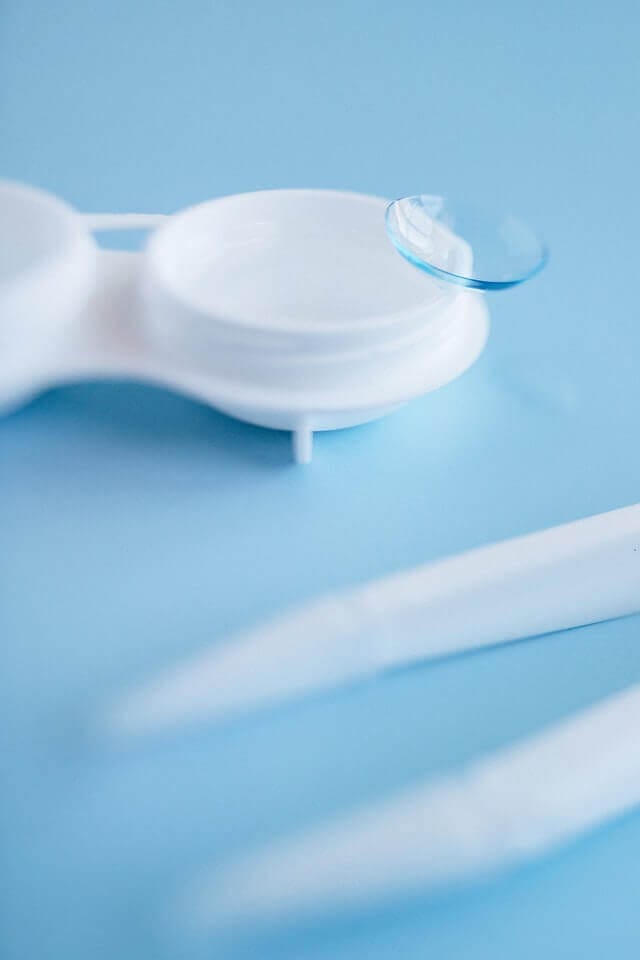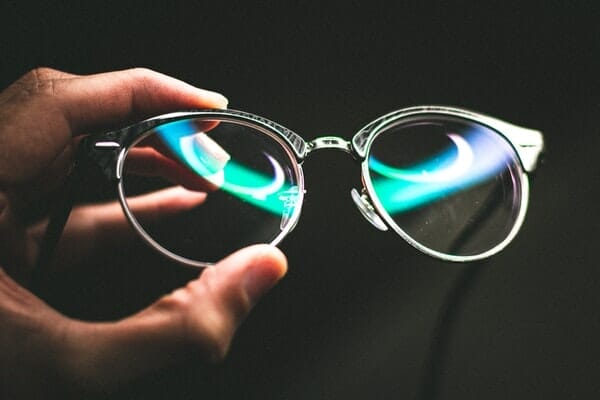What Problems Should I Be Aware Of?
If your reusable lenses aren’t cleaned properly, buildup on the lenses can reduce your vision quality and, in extreme cases, lead to the lenses getting stuck in your eye. You wouldn’t want to introduce foreign particles from the air into your eyes; don’t do just that by not cleaning your contacts!
Eye Infections
If your contact lenses are not maintained properly and not sterile, bacteria or other dangerous particles can get into your eye and lead to infections that can cause scarring and vision loss.
In the case of infection, see your eye doctor to receive proper treatment as quickly as possible.
Hypoxia
As with the rest of your body, your eyes, the corneas in particular, require oxygen, and the corneas get this oxygen directly from the air. However, since your contact lenses sit right atop the cornea, it may block it from getting the oxygen it needs. This can lead to swelling and cloudy vision. This problem is far more likely with extended use contacts or with people who sleep with their contact lenses on. If this is an issue for you, your eye doctor will likely recommend you change to using lenses that allow more oxygen in. You may also receive a steroid to put in your eyes to ease swelling and prevent things from getting any worse.
There are several different types of pinkeye, which causes swelling and redness on your eyelid, but the type you are most likely to get with contacts is called papillary conjunctivitis. This is more of an allergic reaction, with your body seeing the contact lens as a foreign object and attempting to fight it.
If symptoms are mild, it will likely go away on its own and not require treatment. In more severe cases, however, your doctor may prescribe a topical steroid of anti-inflammatory to treat the symptoms and you may have to refrain from wearing your lenses for a while. If this is a persistent issue, your doctor may recommend you wear a different type of lens (made of different material), daily disposable lenses, or a different lens solution.
Dry eye occurs when your eyes don’t produce enough tears to keep them moist. Dry eye can increase the likelihood of infection, and it makes it tougher to get dust out of your eyes, leading to irritation. Wearing contact lenses for extended periods can exacerbate this issue.
Artificial tears can be a remedy, but you must be careful that the one you use doesn’t have preservatives, as that can further irritate your eyes. Also check to make sure they are safe to use while your contact lenses are in. If the eye drops you use are not working, consult with your eye doctor to receive other recommendations.
Scratched Cornea
There are a few possible ways to scratch your cornea while wearing contacts. Your finger might accidentally do so while taking the contacts out, and the lens itself might cause a scratch (especially if they are not properly cleaned and dirt builds up on them).
If your eye hurts or it feels like there’s something in it, and it is red and tearing up, take the contact lens out and see your doctor immediately. Generally, a scratched cornea will heal on its own in a day or two, but if it’s not properly treated your eye could become infected. If a scratch doesn’t heal quickly, contact your eye doctor for additional guidance and treatment.
Allergic Reactions:
You can have an allergic reaction to either the material your contact lenses are made of, or the cleaning solution (the latter is more common). If this is the reason for your discomfort, you will need to try another solution or contact lenses made out of a different material.
Multifocal contacts, which have distinct viewing areas of different powers, are extremely useful for those who require correction for both near and far vision, but they can be difficult to adapt to for some. Additionally, you may experience uncomfortable glare during the darker hours of the day. It can take between four and six weeks to adapt. If it takes longer than that, you can consult your doctor on what your best options are.

